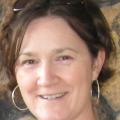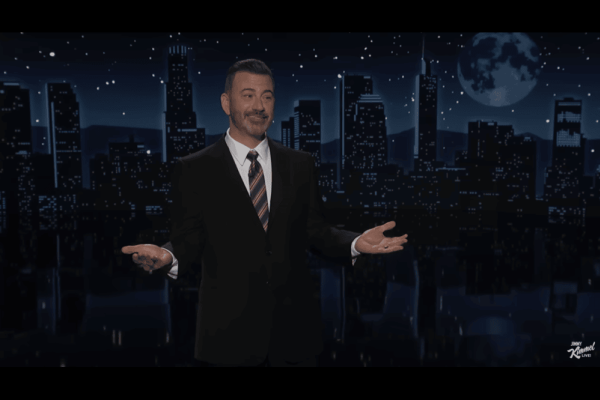CAROLYN FORCHÉ’S story begins more than 40 years ago, when the then-27-year-old poet opens her apartment door in California to a stranger from El Salvador. Leonel Gómez Vides—“Leonel,” as she refers to him throughout her book—spends several days outlining the situation in his country and making his case for Forché to come witness the roots of a revolution.
That Forché accepts such a calling, from January 1978 through March 1980 and for more than 40 years beyond, attests not only to her grit but also to her belief in the sanctity of the human spirit and the power of truth.
An awakening usually connotes a positive state of consciousness, yet Forché’s experience calls her to a grim, nightmarish landscape. Once her plane touches down in Ilopango, El Salvador, she ventures into a world in which nearly one in 10 children dies before the age of 5 and 80 percent of the population has no running water, electricity, or sanitation. To read Forché’s rich prose is to travel alongside her through the jungle, where she learns to squat over open pits to relieve herself, and follow her into palatial, private quarters, where she washes away the filth of the road before meeting with the military and civic leaders who want her dead. Beyond the poverty, the country devolves into a hell wherein mutilated bodies appear in the streets and political prisoners are kept in small cages, like animals.
Her status as a U.S. citizen simultaneously acts as magnet for and amulet against violence in a country dependent on the U.S. for aid at a time when El Salvador’s human rights violations are under scrutiny. At one point, her presence alongside a photographer prevents a massacre of villagers who have sought asylum in a Catholic church. Those familiar with liberation theology will appreciate how her life is most vulnerable when Salvadoran officials believe she is a nun. Archbishop Oscar Romero tells her to leave El Salvador just one week before he is gunned down while celebrating Mass for the repose of a woman’s soul.
Following her March 1980 departure, Forché continues to chronicle “a civil war that claimed nearly 100,000 lives, with 8,000 people disappeared, 500,000 internally displaced, and another 500,000 taking refuge in other countries.” Reading What You Have Heard Is True during a U.S. government shutdown over southern border security enlightened me about the desperation driving asylum seekers to flee their homes.
Memoirs often cover a slice of life, but Forché’s marks the culmination of a lifetime of activism, which includes cataloguing photographs of the disappeared, as well as harboring a member of the death squads in her home while he testifies before members of Congress. Her witness demands an examination of the role the U.S. government plays in destabilizing other countries.
Perhaps most importantly, Forché’s act of writing becomes a source of healing for those Salvadorans who have fled the violence of their country, as she proclaims to the world: What you have heard is true.

Got something to say about what you're reading? We value your feedback!






